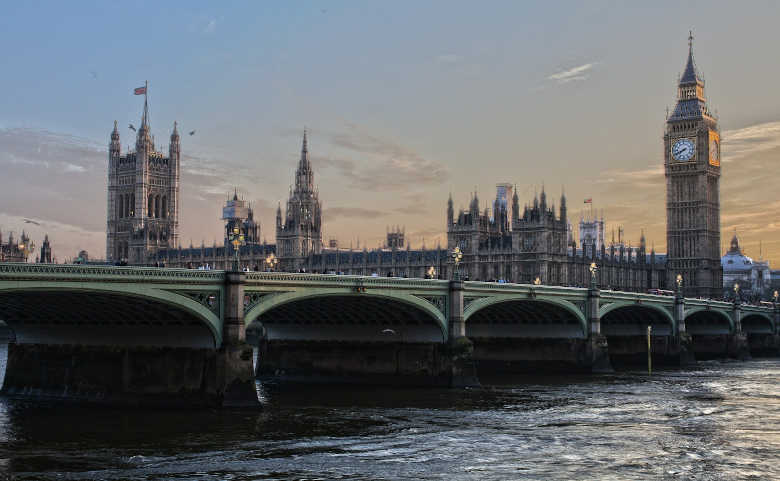Briefings for Britain, July 13, David Collins
The essence of the Northern Ireland Protocol is based on UK officials implementing EU border checks in the Irish Sea. While this might have worked had the EU been willing to take a less strict approach to these checks, it appears now that this is unlikely, with the EU taking the hardest line possible across a range of products. Northern Ireland has effectively been cut off from the UK, an affront to UK territorial sovereignty, possibly as the EU wished all along – the “price of Brexit” as it were. For American interventionists, such as President Biden, the ongoing frustrations with the Protocol have been seized upon as backhanded way to achieve a united Ireland, which many in the US have wanted for some time.
Critics of the UK’s threat to terminate the Protocol rightly point out that an alternative solution is needed which will prevent a hard border on the island of Ireland. One of the most prominent such solutions is Mutual Enforcement, proposed back in February by the Centre for Brexit Policy. But would it really work?
Mutual Enforcement entails that the UK and the EU each make a reciprocal legal commitment to enforce the rules of the other with respect to trade across the Irish border, removing all checks from Great Britain to Northern Ireland. Each side maintains autonomy but commits to the enforcement of whatever rules the other seeks to impose in respect of goods crossing the border. In that sense it works by inverting the usual approach to customs enforcement. Crucially Mutual Enforcement does not remove customs duties, nor does it harmonise or require mutual recognition or alignment of standards. The obligation to comply with the importing territory’s rules and pay duties is placed on the exporter as a matter of law of the exporting territory. Consequently any border checks become redundant. No border on sea or land.
Click here to read the piece in full.

